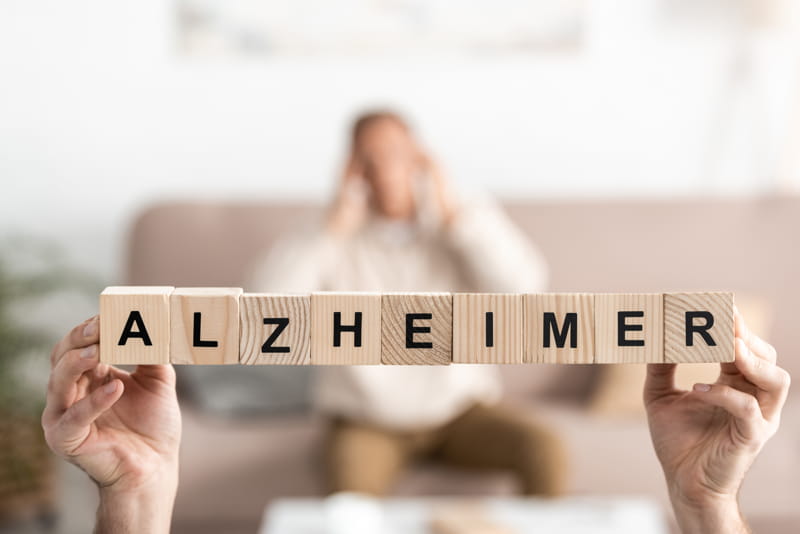Alzheimer's disease is one of the most prevalent neurodegenerative conditions in the world, affecting millions of people each year. In Italy alone, it is estimated that more than 600,000 people are living with the disease, and the number is expected to grow as the population ages. Although there is no definitive cure, awareness and information play a crucial role in improving the quality of life for patients and their families. Today, on World Alzheimer's Day, we want to shed light on this disease, its implications, and, most importantly, the importance of practical support for those affected and the caregivers who support them every day.
Alzheimer's disease is a progressive form of dementia that slowly impairs cognitive function and memory. It usually manifests as a progressive decline in the ability to think, remember and perform daily activities. Symptoms can vary, but usually include:
Difficulty remembering recent information.
Confusion in recognizing places, people or events.
Language problems, such as the inability to find the right words.
Changes in mood and behavior, with anxiety, irritability, and sometimes aggression.
Unfortunately, Alzheimer's disease has no known single cause and, to date, there is no definitive cure. However, pharmacological and nonpharmacological treatments can help slow its course, improving patients' quality of life.
Although genetics plays a significant role in the development of the disease, several studies have suggested that lifestyle may influence the onset and progression of Alzheimer's disease. Preventing or slowing the progression of the disease is therefore possible, through healthy habits such as:
Balanced diet: A diet rich in antioxidants, omega-3, and low in saturated fat, such as the Mediterranean diet, can protect the brain.
Physical activity: Regular exercise helps keep the brain active, improving memory and concentration.
Mental stimulation: Exercising the mind with reading, logic games and learning new skills can delay the onset of dementia.
Socialization: Maintaining an active social life is essential to stimulate the mind and prevent the sense of isolation often linked to Alzheimer's.
The management of Alzheimer's disease not only affects the patient, but also involves family members and caregivers, who play an indispensable role in ensuring the quality of life of the patient. They are faced with managing not only physical needs but also emotional and psychological needs, experiencing continuous pressure due to evolving symptoms.
Caregivers often face enormous emotional and physical challenges, including feelings of frustration, fatigue, anxiety and, in some cases, even depression. It is crucial that these "guardian angels" receive support, adequate resources and a network of help so that they never feel alone in this journey. To them goes our gratitude and support.
Supporting caregivers of someone with Alzheimer's disease is essential: education, awareness, and support are keys to improving the well-being of all who experience this.
On this World Alzheimer's Day, we want to remember that although the disease mostly affects those who live with it directly, caregivers are those who face its daily challenges. We are committed to all those living with Alzheimer's, as well as their caregivers, so that they can receive the support, training and recognition they deserve.
Only with a shared approach that puts the welfare of all stakeholders at the center can we tackle this challenge together.
